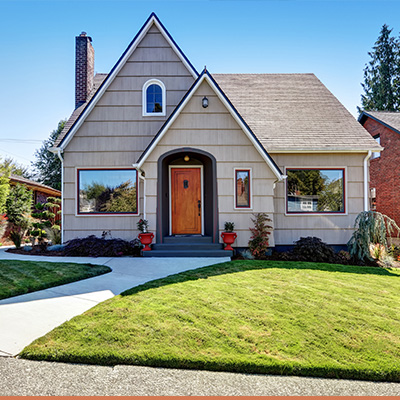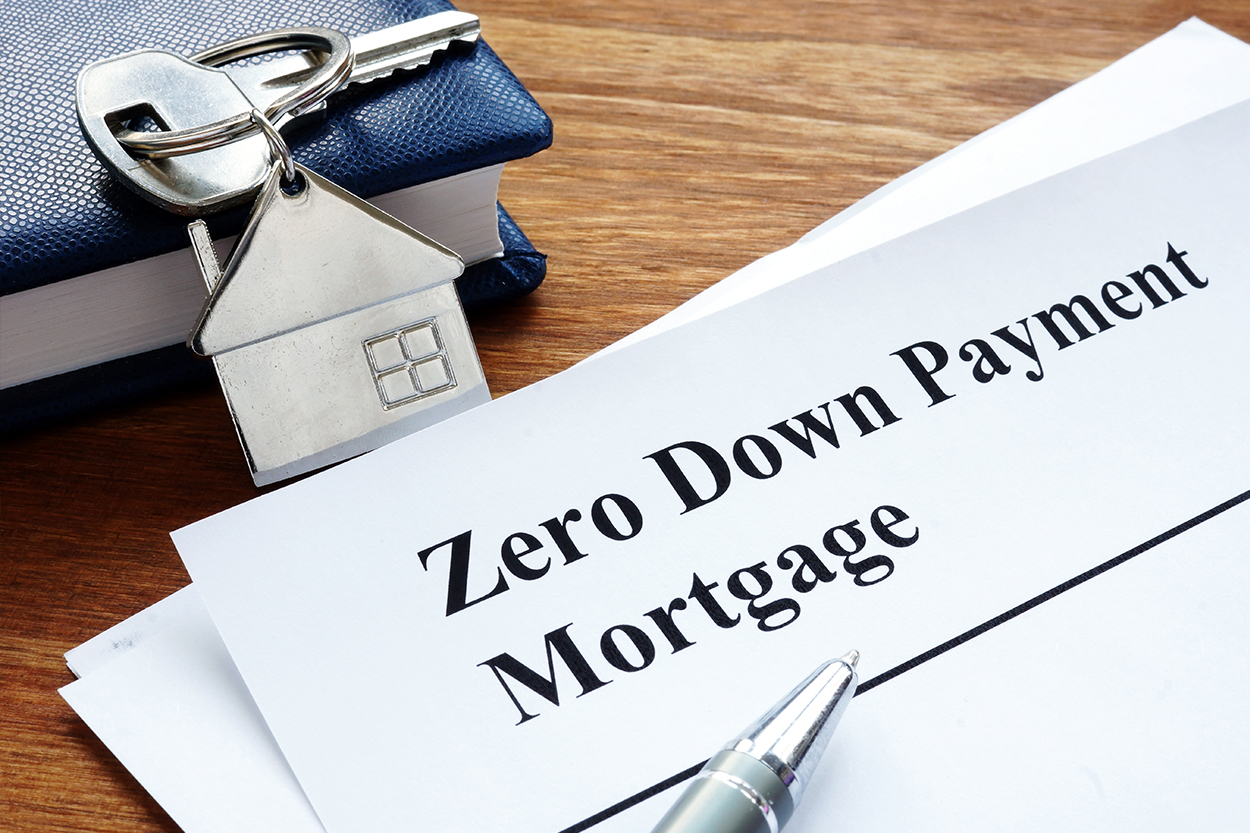Best First-Time Home Buyer Education Courses

If you haven’t purchased a home in the past, a lender might suggest that you take a first-time home buyer class. But with so many steps involved in a home purchase, such as gathering the required paperwork, understanding loan program details, and finding the perfect house, why add one more item to your “to do” list?
The value of a first-time home buyer class extends far beyond the education you receive. Many first-time home buyer programs and grants require completion of a course as part of the qualifying criteria. What’s more, these programs can save you a lot of money through lower mortgage rates and down payment assistance.
But what is a first-time home buyer course, where can you find one, and what do you learn? Read on to answer these questions and learn how to find a class that meets lending requirements.
Key takeaways:
- Most lenders require first-time home buyer courses to be approved by the U.S. Department of Housing and Urban Development (HUD).
- First-time home buyer courses unlock access to special programs that offer low-interest rates and down payment assistance.
- A small fee is charged for first-time home buyer courses, and many don’t expire for at least a year.
What is a first-time home buyer class?

A first-time home buyer class is designed to help you understand the basics of homeownership. A variety of topics are covered — everything from the home buying process to financing to how to find the right home. Expect a course to cover the following:
The basics of homeownership. The process of buying a first home can be confusing. The basics of homeownership are covered, such as the pros and cons of homeownership and what you can expect from the lending process.
Budgeting information. Budgeting resources and tools are provided to help you better understand the true cost of owning a home. If you have problems with your credit score, resources are provided to assist with raising your credit score to get access to more attractive loan programs.
Information about the mortgage process. Details about the mortgage lending process are provided, including what documents you need to gather and how to navigate finding the right program.
How to find the right home. Once you have a preapproved loan, it’s time to start looking for the perfect house, and this part of the course will cover the basics. You’ll learn who you need to work with to get started and how to negotiate the best deal. For example, many new homeowners are surprised to learn they can ask the home seller to pay closing costs. These costs can be 2% to 5% of the home purchase price and include the appraisal, title search, and loan origination fee.
Ongoing home maintenance. The cost of owning a home extends beyond the upfront costs, such as the down payment and closing costs. This information will focus on the expenses to expect during homeownership and how to avoid financial difficulty.
The perks of first-time home buyer classes
A first-time home buyer class provides you with valuable knowledge about the home buying process and helps you qualify for money-saving programs. These programs are available through various organizations and are designed to help first-time home buyers achieve their goal of owning a new home. Benefits provided by these programs may include the following:
- Low down payment requirements. Some programs offer down payments as low as 3% of the purchase price. This provides huge savings when compared with putting 20% down on a conventional home mortgage.
- Lower-income qualifications. Many first-time home buyer programs require that you meet income qualifications. This means that your income can’t be too high, as the programs are designed to help low- to moderate-income buyers purchase new homes.
- Closing cost assistance. First-time home buyer programs often have closing cost assistance available. This assistance comes in a variety of forms, including forgivable and non-forgivable loans. Forgivable loans are essentially “free money” as long as you meet the agreement’s conditions. Most will require you to live in a home for a certain amount of time. Non-forgivable loans are also useful and typically provide a low-interest-rate second mortgage that helps you spread out the cost of the down payment.
- The ability to use gift funds. Not all programs allow you the ability to use “gift funds,” which are resources provided as a gift from family members or other parties toward the purchase of your home. First-time home buyer programs may allow you to use gift funds for up to 100% of your down payment.
What types of loans can I get with a first time home buyer certificate?

Completing a home buyer education course gives you access to a variety of loan programs — everything from low-interest-rate mortgages to down payment assistance programs that are 100% forgivable. A few potential options to consider include the following:
State housing and finance authority. An excellent first stop for first-time home buyers is your state’s housing and finance authority. These departments offer a variety of programs, including low-interest mortgages and down payment assistance programs. Consider talking with a qualified lender before taking a first-time home buyer course to ensure that the course is approved.
Freddie Mac Home Possible Loan. This program allows for a 3% down payment, and you can count roommate rent toward your income. Additionally, the down payment can be 100% gift funds. Keep in mind that this program is designed for low-income borrowers, so income limits apply.
Freddie Mac HomeOne Loan. If you’re a first-time home buyer with a higher income, this program may be a good fit as there are no income limits. The program offers a 3% down payment option, and only one of the borrowers must be a first-time home buyer.
Fannie Mae HomeReady. This program allows for a 3% down payment, and if you have a renter, you can apply this income toward your income to qualify. Down payment can be 100% gift funds. Another advantage is that you may qualify without a credit score, making it a good option for people who don’t have established credit. Additionally, all borrowers do not have to live in the home, making it an opportunity for parents to help their children qualify to purchase a home.
Where can I find the right class?
Locate a first-time home buyer class by visiting the U.S. Department of Housing and Development’s directory of approved housing courses. This site provides you with a searchable database where you can enter your ZIP code and find a class near you.
Another resource for finding first-time home buyer education courses is the National Industry Standards for Homeownership Education and Counseling. The course providers on this list comply with HUD requirements and meet a set of standards for providing first-time home buying education.
Regardless of which class you select, make sure HUD approves it. Most first-time home buyer programs won’t accept a first-time home buyer course completion unless it meets this requirement. The date of the class also matters, with many programs requiring the course to be completed within one year of the home purchase date.
Keep in mind that some classes meet in person, while others have online options. Distance learning options allow you to take the course at your own pace but require that you complete the course within a specific period of time.
Understanding the cost of first-time home buyer education
The cost of first-time home buyer courses varies based on who provides the course. As a general rule, expect to pay around $75 or more for each participant.
First-time home buyer programs have different rules about who needs to attend the course, which also affects cost. For example, a program might require all borrowers to complete a course, while a different plan might require completion by only one borrower. Ask for more details from your mortgage professional about this requirement.
Moving forward with greater confidence
Purchasing a first home is a major financial decision, and a good first step is to speak with your lender about first-time home buyer courses. Ensure the course is approved by HUD and meet qualifications for relevant first-time home buyer mortgage programs. And if you take the course and decide not to purchase a home right away, check if there is an expiration date on the certificate.
Taking these actions will ensure that you are prepared to apply for a mortgage loan, start shopping for a home, and achieve your dream of homeownership.






